
Why a best-kept secret isn’t as delicious as it sounds
It’s time to take your organization from the best-kept secret to the next big thing. Find out how!

Grabbing a morning joe or an afternoon pick-me-up is an essential part of the day for millions of people worldwide – but all coffeehouses are not created equal. The industry’s reigning king, Starbucks, has consistently managed to stay on top – with 30,000 locations across 80 countries. The average customer goes to Starbucks six times a month – with their most loyal 20% of customers going up to every other day.
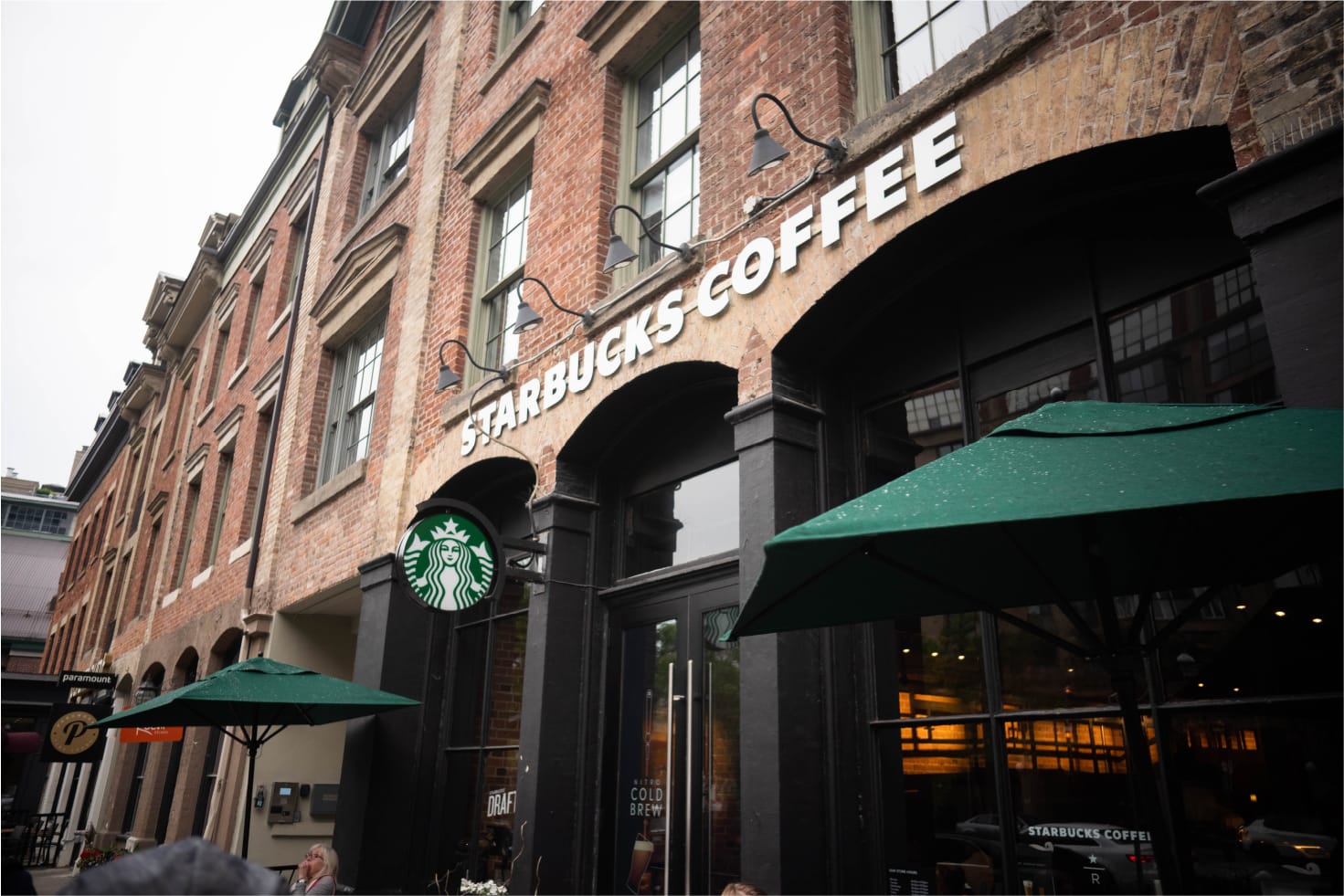
What’s the secret to their success? Sure, they offer a high-quality brew… but so do thousands of others. Starbucks’ competitive advantage is largely found outside the cup.
Let’s face it, you know what to expect when you enter that heavy glass door with small green letters – a rich, warm color scheme, alternative music, organic-looking art, and baristas in green aprons. Whether you’re in Los Angeles or Tokyo, you could set your watch by the reliability of this customer experience: Baristas work quickly and keep long lines moving. You’re offered free wifi, comfortable ambiance, and a public environment in which to sit, work, or mingle.
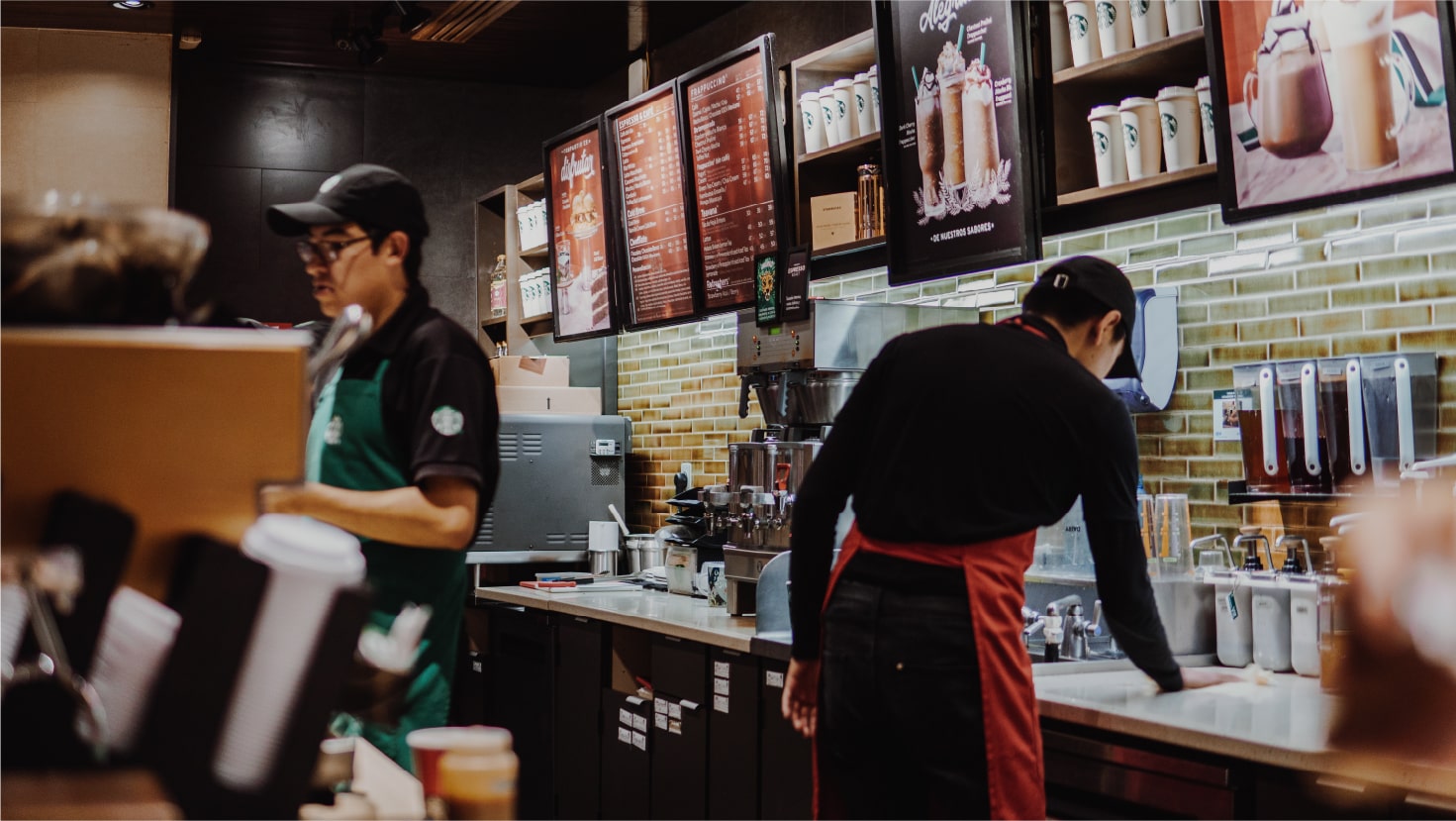
At Kinesis, we call this a Proprietary Way.
Put simply, your Proprietary Way is where purpose, people, and process overlap to solve a real challenge in a remarkable way.
Your Proprietary Way is the unique way you provide your services to clients – developed as a direct result of your specific expertise and experience, and your intimate and unparalleled knowledge about what your customers need. If you operate in a commoditized market, it’s an opportunity to provide your customers with a meaningful choice between you and your competition – because your company is the only one that does business exactly the way you do. It’s often comprised of:
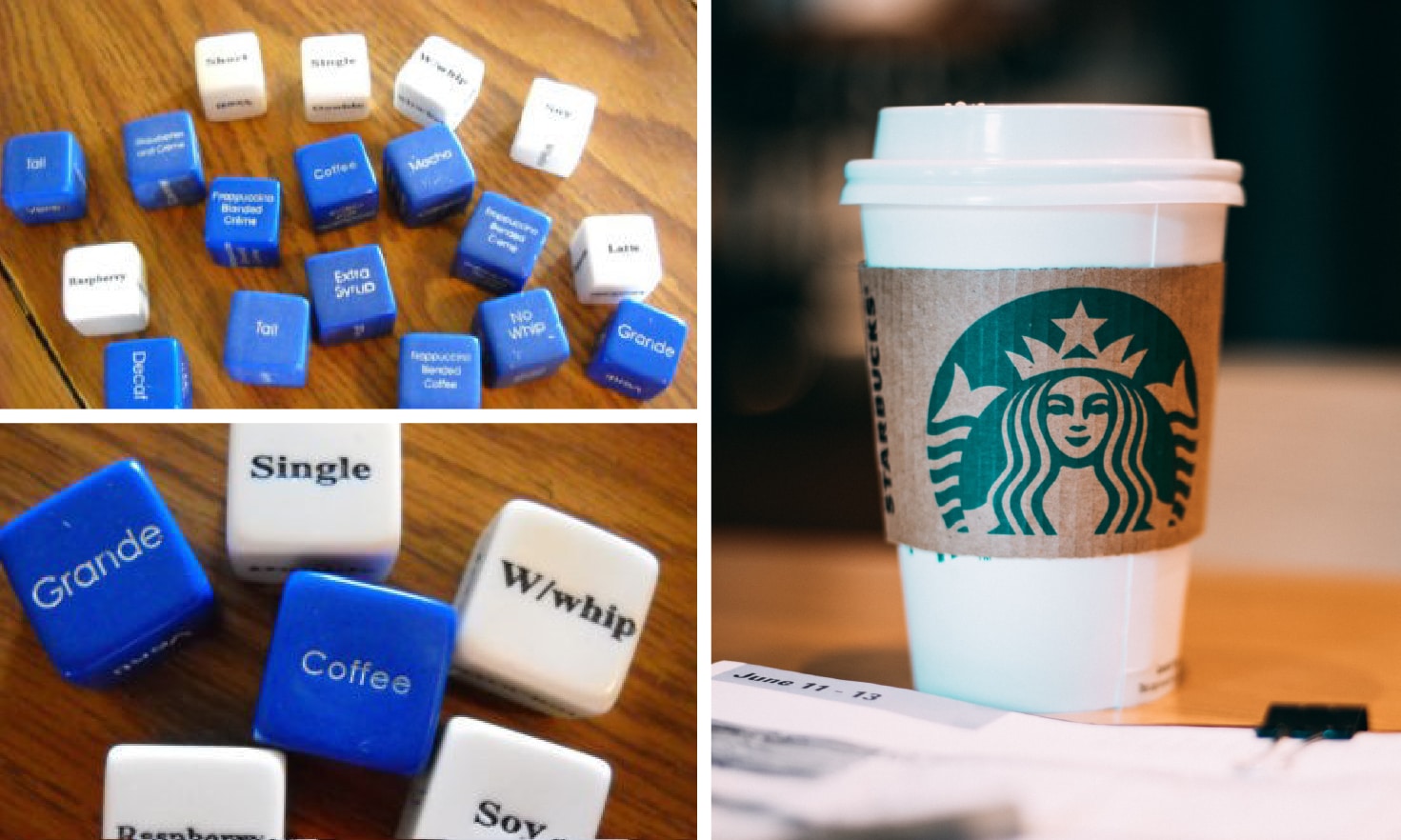
And these principles are hardly just applicable to large corporations. One of our clients, Convergence Networks, is a managed IT service provider (known as an “MSP”). Today, there are more than 6,000 MSPs around the country, including large national and international competitors. Yet, despite the fierce competition, Convergence has seen consistent, double-digit growth – why? Because they have perfected a unique and remarkable approach to service and culture that keeps their customers happy and loyal.
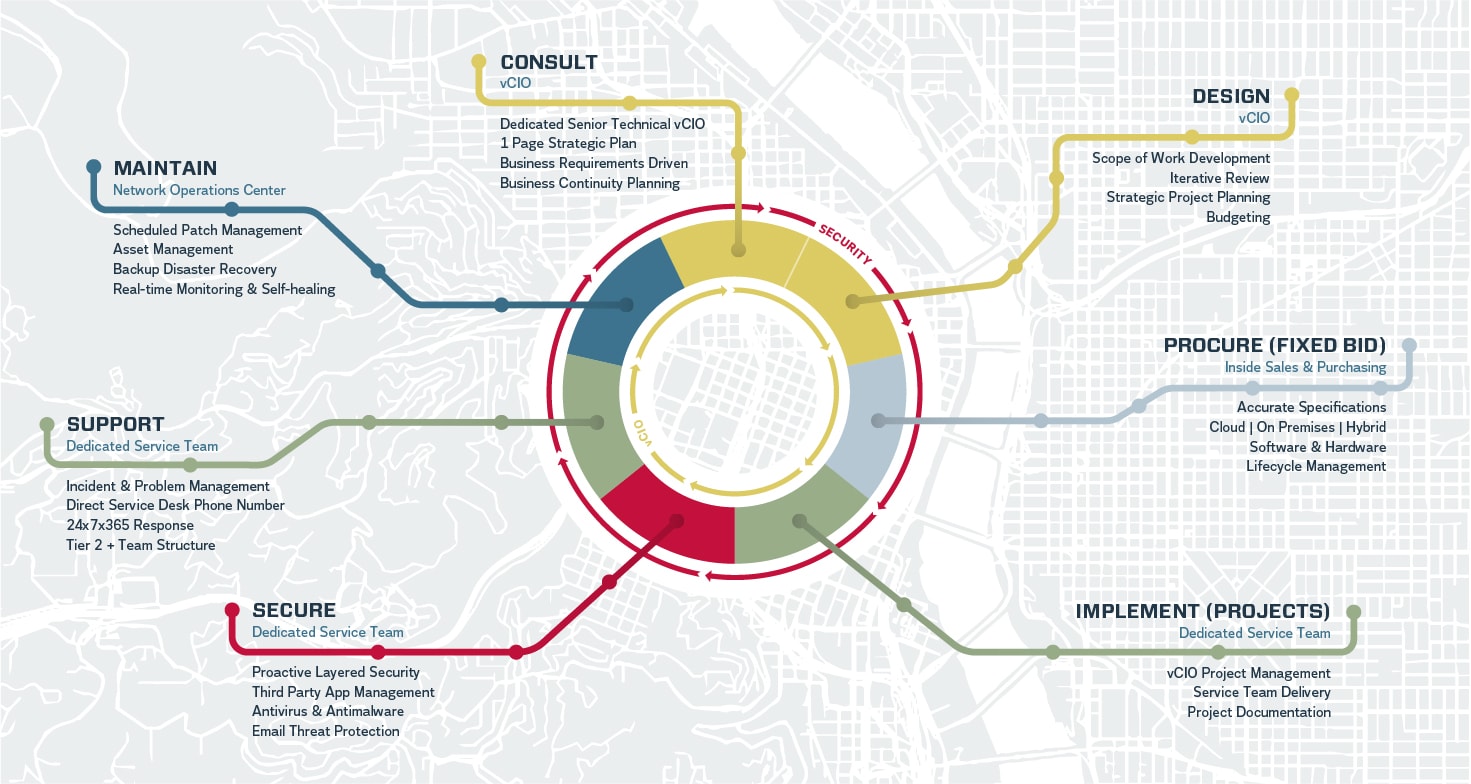
Chances are, your business probably already has a unique way of doing things – whether or not you’ve ever put any strategic thought behind it. However, this lack of intention can lead to some negative consequences. Here are some common symptoms to determine whether your Proprietary Way could stand to be defined and improved upon:
When business owners first hear of the concept of the Proprietary Way, they rightly identify it as a competitive advantage. After all, companies with strong ways of working tend to go the distance and outlast (and beat) their competition.
But beyond the durability issue, there’s another reason for building a proprietary way: Margin.
You see, when a company truly does the Proprietary Way correctly, they not only eliminate competition, they typically set their own price. This is because when you’ve crafted something no one else can offer, the price the market is willing to spend expands. In the case of Starbucks, their “Way” of work was really about selling an experience, not a just simple cup of coffee. Coffee at a diner costs .50 cents. Experiences are often referred to as “priceless.” Which business would you rather be in?
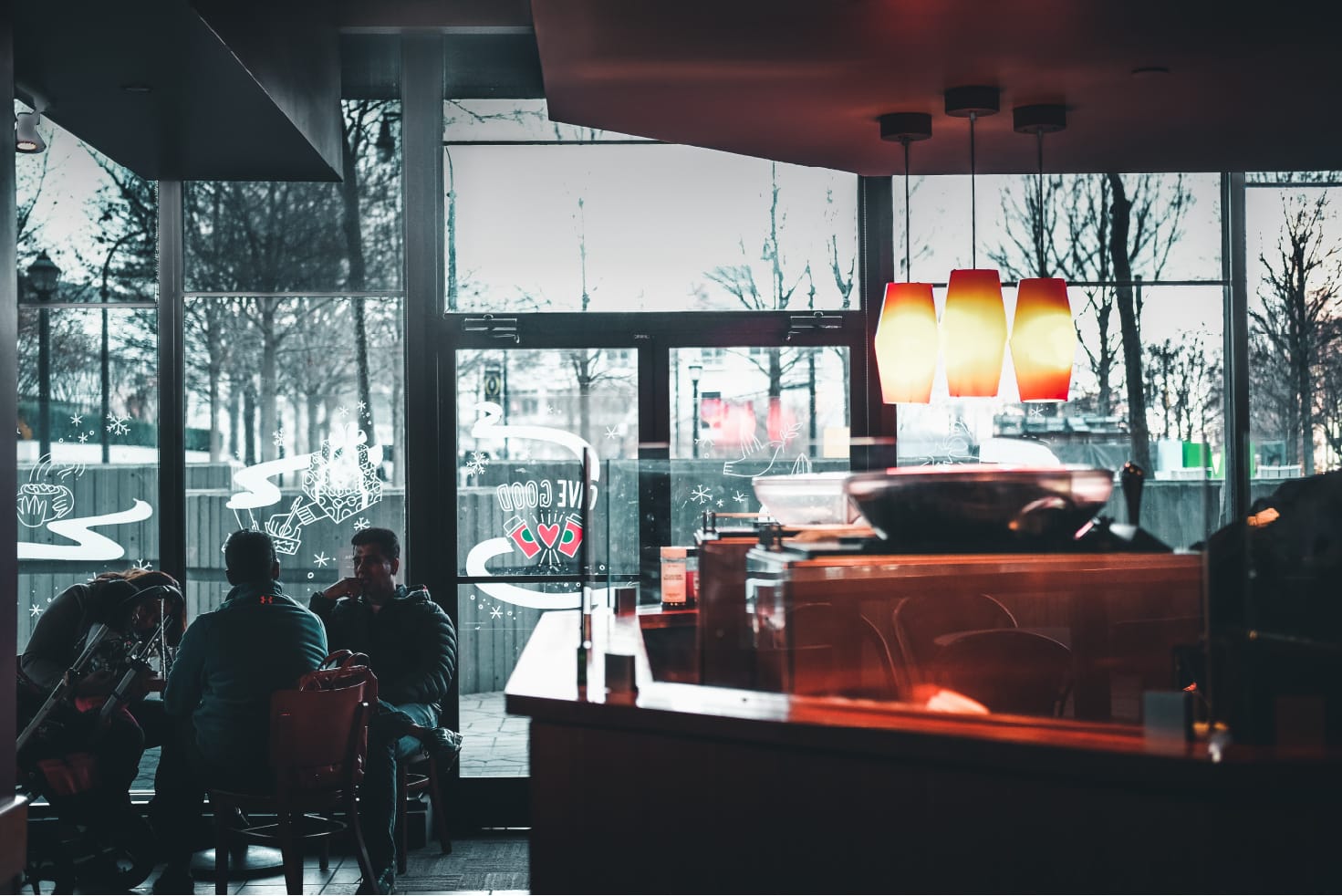
Short answer – because it takes courage. And it often disrupts proven ways of doing business. And because you must think outside of your comfort zone. And because the “experts” and “best practices,” tend to reinforce the status quo. And, and, and…
You get the idea. Because it’s hard.
Think about it. Before Howard Schultz had his epiphany about the “coffee experience,” the vast majority of American businesses saw coffee as a necessary add-on to their primary profit centers (food or alcohol). Coffee was a nothing. A two-quarter afterthought.
Now, imagine the courage it must have taken Schultz to put forward a new, bold vision. One that said, “Forget everything you’ve thought about coffee. We are going to make this humble cup the center of our business model. And, even bolder still, we’re going to make the experience of buying one CUP of coffee so amazing and unique, that people will literally spend 5-10X of the nearest competitor. AND, with these increased revenues and profits, we’re going to create a loyal, engaged culture through affordable healthcare and great training. How does that sound?”
I’ll tell you how it sounds. A lot like courage and a healthy cup of margin.

Get insights like this straight to your inbox.